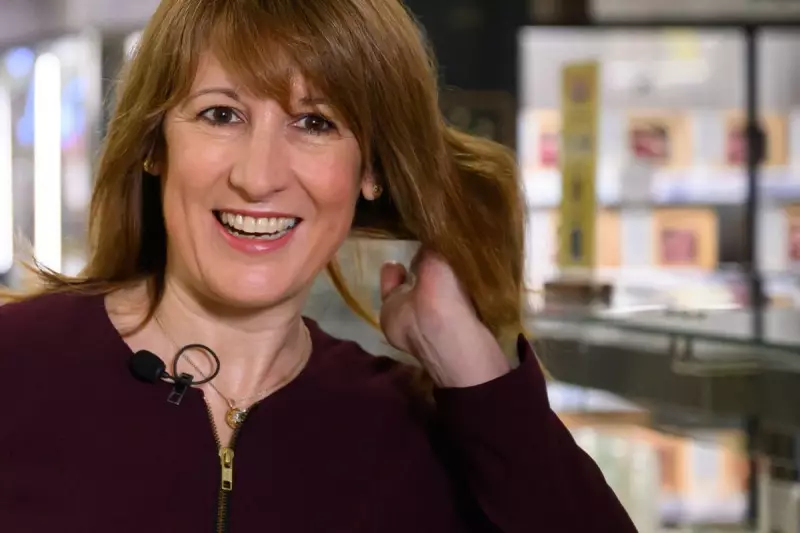
The UK's inflation rate has fallen to its lowest level in four months, offering a glimmer of relief for households and a pre-Budget boost for the government.
Key Figures and Drivers
The Office for National Statistics reported that the Consumer Prices Index (CPI) fell to 3.6 per cent in October, down from 3.8 per cent in September. This marks the lowest inflation rate recorded since June.
The decline is primarily attributed to two major factors. Firstly, energy prices have now dropped out of the annual comparison calculation, reducing their upward pressure on the overall rate. Secondly, there has been a noticeable slowdown in the rate of food price inflation.
Breaking down the contributions to the change, household services made the largest downward push on the inflation rate. Conversely, the category of food and non-alcoholic beverages provided the largest offsetting upward contribution, indicating that grocery costs, while slowing, remain a significant pressure point for family budgets.
Political and Economic Reactions
Chancellor Rachel Reeves welcomed the news but was quick to acknowledge that the cost of living remains a 'big burden' for many across the country. She stated her determination to do more to bring prices down in the upcoming Budget, signalling potential fiscal interventions.
Other political figures offered differing views on the management of the economy, highlighting the ongoing debate over the best path to stable growth.
What This Means for Interest Rates
Economists are now speculating that the Bank of England may consider cutting interest rates as early as December. This potential move is being driven not only by the falling inflation but also by rising joblessness, which points to a cooling labour market.
However, concerns persist about broader, more persistent price pressures and the fragile state of the wider economic backdrop. This suggests that while the direction is positive, the path towards the Bank's 2% inflation target may still be bumpy.





